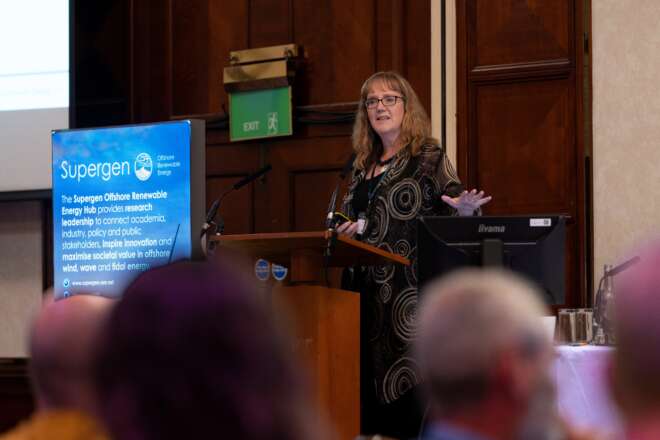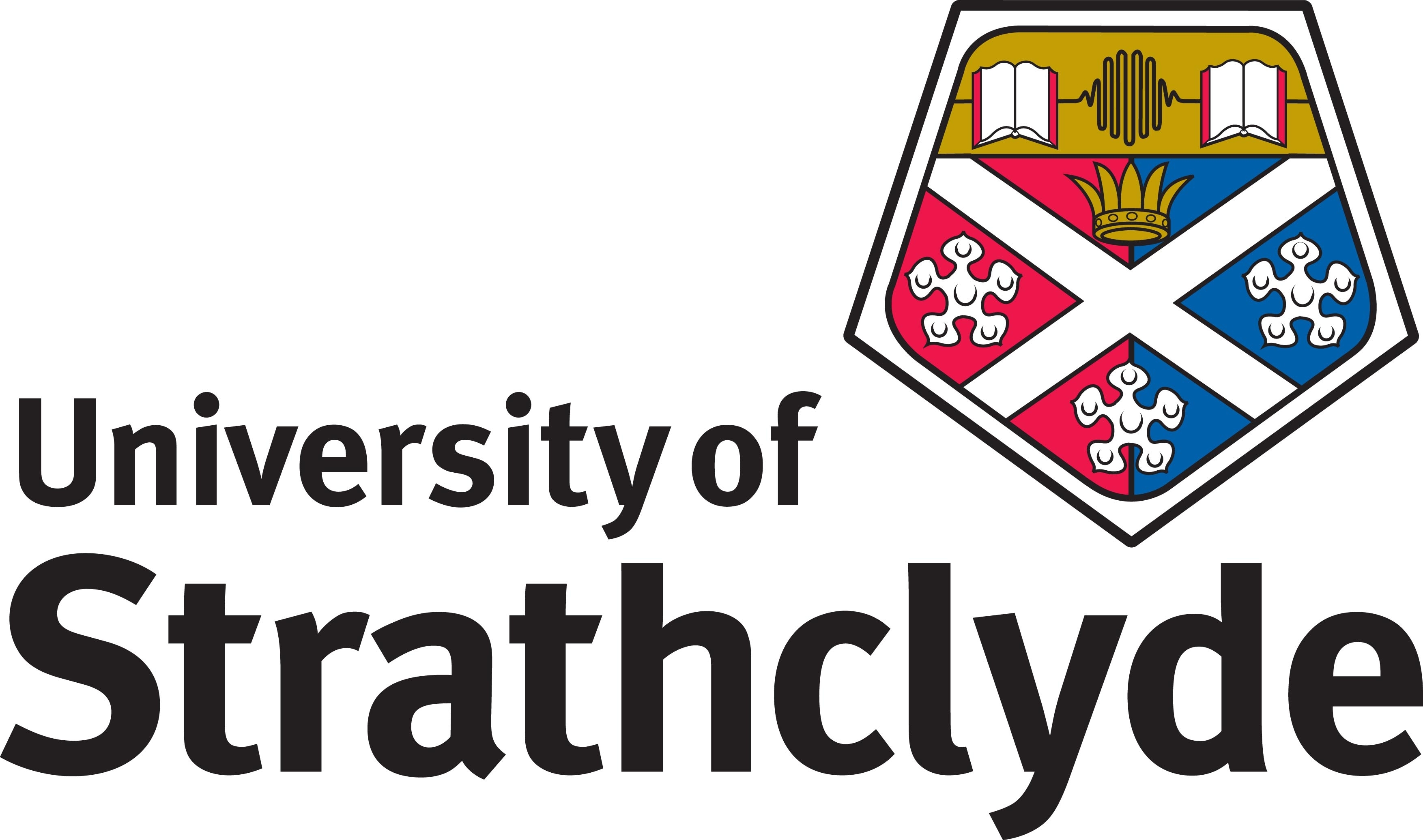More than £31 million of UK government funding, matched by more than £30 million of industry funding, for development of innovative floating offshore wind technologies.
Floating offshore wind projects will receive more than £60 million in public and private investment to develop new technologies that will enable turbines to be located in the windiest parts around the UK’s coastline.
The UK government is today (Tuesday, 25 January) announcing 11 successful projects that will each be awarded up to £10 million as it puts forward £31.6 million to boost the amount of clean renewable energy generated in the country. In addition to this, industry will match the investment bringing the total to over £60 million – driving green energy investment and levelling up parts of the country including in Aberdeen, Swansea and Yorkshire.
The cash boost will further research and development in floating offshore wind with projects across the United Kingdom set to receive funding that will accelerate the deployment of turbines in seas around the UK. Research will focus on areas such as how turbines are moored to the seabed, undersea cabling and developing foundation solutions.
The UK is already home to the world’s largest deployment of offshore wind, however floating turbines, which can be deployed in deeper waters than conventional turbines, will boost energy capacity even further by allowing wind farms to be situated in new areas around the UK coastline where wind strengths are at their highest and most productive.
With global gas prices at record highs, the UK is determined to strengthen energy security further by deploying home-grown renewable technologies to reduce our dependency on volatile fossil fuels.
We are already a world leader in offshore wind and floating technology is key to unlocking the full potential of the seas around Britain. These innovative projects will help us expand renewable energy further and faster across the UK and help to reduce our exposure volatile global gas prices.
By stimulating development now through the Floating Offshore Wind Demonstration Programme, the costs of building and locating floating turbines in deep-water areas will come down faster, growing the UK supply chain and supporting the target in the Prime Minister’s Ten Point Plan of delivering 1GW of energy through floating offshore wind by 2030.
One such project receiving more than £9.6 million is a collaborative scheme with bases in Edinburgh, Belfast, London and Doncaster, developing and demonstrating new technologies for mooring floating turbines to the seabed, cable protection, a floating turbine base design and an advanced digital monitoring system.
Another project with bases in Cambridge, Feltham, Aberdeen and Blyth, will get £10 million for bringing forward a compact floating turbine foundation and anchors that will likely enable a 2MW, or larger, turbine to be demonstrated in UK waters.
Today’s announcement follows support for floating offshore wind in the fourth allocation round of the Contracts for Difference scheme – the government’s flagship renewable energy auction scheme - where £24 million a year has been ringfenced for this emerging technology. It also follows the announcement by the Prime Minister in October for £160 million funding to develop and build new large-scale floating offshore wind ports and factories in the UK.
I am delighted that the Floating Offshore Wind Demonstration Programme will support new projects in key areas of research and innovation for the ORE sector. The new projects are well aligned with the Research Landscape of the Supergen ORE Hub and demonstrate the great benefit to the sector of academics and industry experts working closely together – utilising their combined knowledge and expertise – to advance the UK’s Net Zero Strategy.
This news article was originally released by the Department for Business, Energy & Industrial Strategy.
Read the press release here.
Floating Offshore Wind Demonstration Programme funding recipients
- JDR Cables (Hartlepool) and the Offshore Renewable Energy Catapult (Blyth): £1,606,711 for developing and testing electric cabling systems.
- Buoyant Production Technologies (Farnham) and the University of Southampton: £238,724 to demonstrate that a patented design can be used for supporting substation equipment connecting floating wind farms to the energy grid.
- AWC Technology (Aberdeen): £760,874 to take forward development of an articulated wind turbine column designed to reduce construction, installation and maintenance costs.
- Reflex Marine (Aberdeen) the University of Exeter, Bridon Bekaert Ropes Group (Doncaster) and Wood Thilsted Partners (Godalming): £882,283 for development of a novel anchoring system that will secure floating turbine cables to the seabed at a fraction of the weight of some existing anchors.
- London Marine Consultants and the University of Plymouth: £264,924 to bring to market a mooring system which will simplify the initial installation of floating turbines and enable simple disconnection when maintenance is required.
- Copenhagen Offshore Partners (Edinburgh), SSE Renewables (Belfast), Maersk Supply Service Subsea (London) and Bridon Bekaert Ropes Group (Doncaster): £9,656,980 to develop and demonstrate new mooring system technologies, cable protection, floating turbine base design and an advanced digital monitoring system.
- Marine Power Systems (Swansea): £3,466,083 to develop a floating foundation with a small footprint and integrated wave energy generator to improve power quality.
- Cerulean Winds (Guildford): £825,692 for developing an integrated system between the mooring, floating foundation and wind turbine for deployment at an offshore oil and gas facility in the North Sea or West of Shetland.
- SenseWind (Cambridge), Geodis FF (Feltham), Xodus Group (Aberdeen) and the Offshore Renewable Energy Catapult (Blyth): £10,000,000 for a project combining a compact floating foundation with a novel anchoring system attaching it to the seabed and advanced monitoring technology that allows for maintenance to be planned and performed offshore, saving on costs of towing back to shore. A 2MW or larger turbine will be demonstrated in UK waters.
- Aker Solutions (London): £690,454 for applying cable manufacturing techniques that simplify and cut the cost of offshore installation and developing a subsea substation design connecting floating wind farms to the energy grid.
- Trivane Ltd (Newquay), London Marine Consultants, Keynvormorlift (Newquay) and Ledwood (Pembroke Dock): £3,268,058 for developing a trimaran mounting system for wind turbines.











